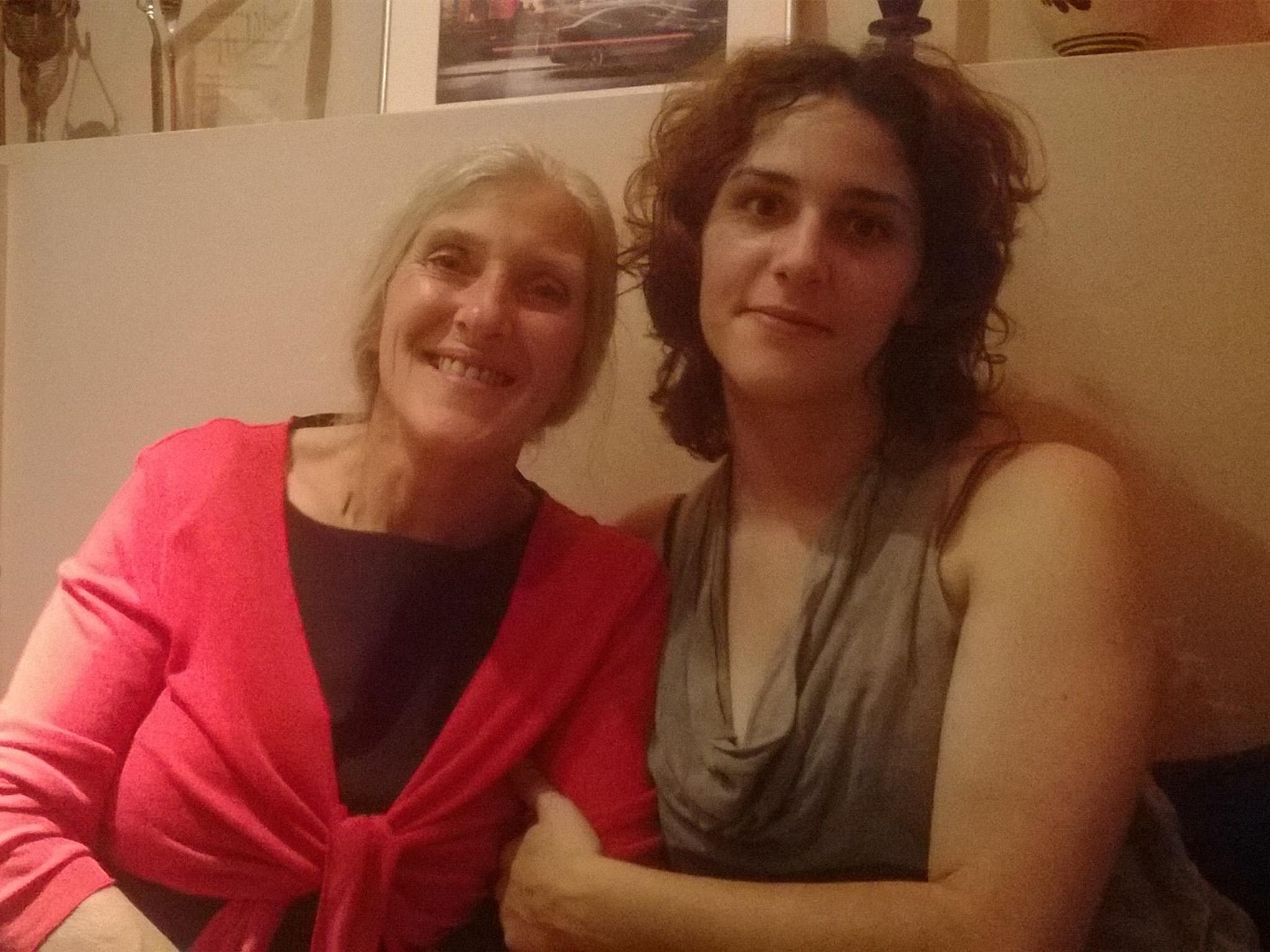Prison staff failings contributed to death of 21-year-old woman who took her own life behind bars
'We believed she would be kept safe,' says family of Emily Hartley after hearing of alleged bullying behind bars

Your support helps us to tell the story
From reproductive rights to climate change to Big Tech, The Independent is on the ground when the story is developing. Whether it's investigating the financials of Elon Musk's pro-Trump PAC or producing our latest documentary, 'The A Word', which shines a light on the American women fighting for reproductive rights, we know how important it is to parse out the facts from the messaging.
At such a critical moment in US history, we need reporters on the ground. Your donation allows us to keep sending journalists to speak to both sides of the story.
The Independent is trusted by Americans across the entire political spectrum. And unlike many other quality news outlets, we choose not to lock Americans out of our reporting and analysis with paywalls. We believe quality journalism should be available to everyone, paid for by those who can afford it.
Your support makes all the difference.Prison staff failings contributed to the death of a woman who took her own life in jail, an inquest has concluded.
Emily Hartley was found hanged in the grounds of HMP New Hall near Wakefield in April 2016. She had a history of serious mental ill health and it was her first time in jail, where she was serving a sentence for arson after setting herself on fire in her bedroom.
It took prison staff two-and-a-half hours to notice that Ms Hartley had gone missing and to find her body, despite the fact that she should have been checked every 30 minutes because she was considered at-risk, the jury heard.
An inquest on Thursday found the deterioration in Ms Hartley’s mental state from January 2016 should have sparked a review and a move to a therapeutic unit.
The jury found that a failure to apply the official care and assessment in custody process and “insufficient importance” given to the procedure by some staff was a contributing factor to the 21-year-old’s death.
An absence of meaningful physical checks in the days leading up to Ms Hartley’s death contributed to the deterioration of her mental health, they said, as well as a “lack of professionalism” by some staff, whose behaviour could have been perceived as bullying.
She made complaints of bullying by prison officers, leading to the launch of an internal investigation after one member of staff claimed to have heard two prison officers using dismissive and abusive language about her.
The inquest was told that one had been heard to say: “I hope she calls me a f***ing c*** again, so I can slap her around the face” and: “I hope she kicks off again. It’s an excuse to take her down and she’ll go down with some speed.”
The officers denied speaking in this way and there were no disciplinary proceedings.
The inquest also heard that when Ms Hartley left her room on the day of her death she had tried to take an envelope with her but this was confiscated. Despite pleas from her family to see its contents, it was not supplied until nine months after her funeral.
Included was a heartwrenching letter to her family, including her wishes for songs to be played at her funeral. The jury expressed compassion towards Ms Hartley’s family regarding this failing by the West Yorkshire Police, who cleared Emily’s prison room after her death.
Ms Hartley was one of 22 women who died in prison in 2016 – the highest figure on record – and one of the youngest female inmates to have died since 2011. There have been five deaths in HMP New Hall since 2016.
A statement from Ms Hartley’s family said: “Whilst we were shocked to find Emily sent to prison, the one consolation was that we believed she would be kept safe.”
Deborah Coles, Director of INQUEST said: “This inquest is a damning indictment of a justice system that criminalises women for being mentally ill.
“For decades, recommendations from investigations, inquests and the Corston review have not been acted upon. This inquest adds to the plethora of evidence about the dangers of imprisonment for women, and the need to invest in community services that can address mental ill health and addiction.
“Ten years ago to the day, at the inquest of Petra Blanksby, the very same coroner read out remarkably similar conclusions. Petra was 19 and died at HMP New Hall in 2003. She had also been imprisoned for arson.
“The coroner urged the prison and health service to invest in therapeutic settings. Yet nothing has changed. This a life or death issue for public policy, which government cannot continue to ignore.”
Ruth Bundey of Harrison Bundey solicitors, who represented the family, said: “Emily’s constant struggle to cope with prison and with her mental health issues led her to self- harm again and again by cutting.
“But her behaviour dramatically escalated 8 days before her death when she used a ligature and showed a mental health nurse a ‘suicide file’ with a letter for ‘who finds me.’
“This development, showing a dangerous move from ‘impulsive’ actions to planning for death, was insufficiently shared with staff responsible for her care.“
A prison service spokesman said: “This is a tragic case and our deepest sympathies are with Emily Hartley’s family and friends.
“The welfare of those in our custody is our absolute priority. HMP New Hall has taken urgent action to address the concerns raised, including reviewing care procedures for those most at risk and new suicide and self-harm training for staff.
“We will carefully consider the inquest findings to see what further lessons can be learned alongside the ombudsman’s investigation.”
Join our commenting forum
Join thought-provoking conversations, follow other Independent readers and see their replies
Comments